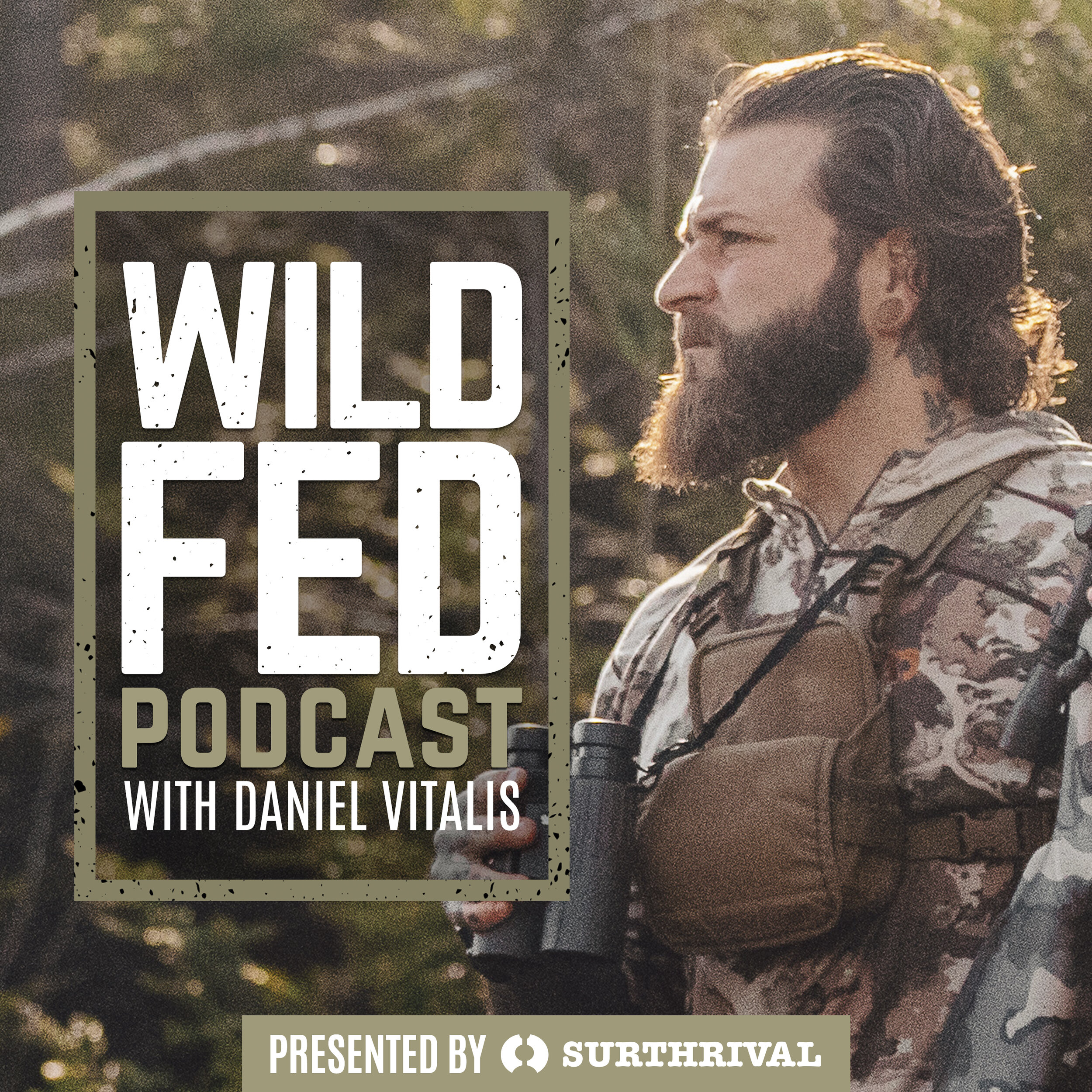Fishing the Wild Waters is the new book from today’s guest Conor Sullivan. He was one of our earliest podcast guests here on WildFed, and at that time he’d mentioned he was writing this book, but it was still an early manuscript. Well, the book is out, and we've had the pleasure of reading it. This book is certainly a proud addition to our fishing library, a genre that we haven’t always found very useful. But Conor’s book is different. It's part memoir, with really inspiring and informative fishing stories from some of the United States' more remote fisheries. It’s also part instructional manual, with several appendices that give detailed descriptions of fishing gear and angling strategies for specific species he writes about. In particular, we really appreciated the appendix called “how to fish like a local” which gives great tips on how to get started in a new fishery.
Conor’s career in the Coast Guard has taken him all over the wild waters of this incredible country, and he’s really taken advantage of that opportunity, honing his angling skills wherever duty has taken him. He’s here today to share with us a bit about how we too can become better, more effective anglers ourselves. And to encourage us to ply the wild waters wherever we live. Because there’s adventure, fulfillment, and food out there, just waiting for you!
Read More
